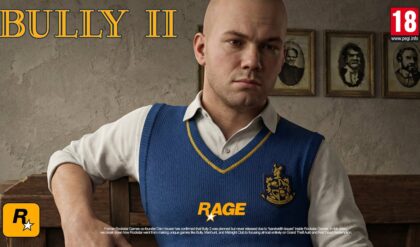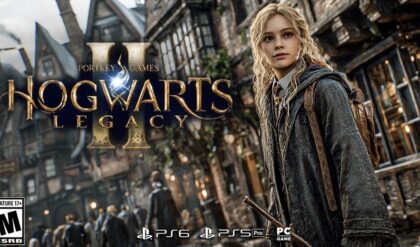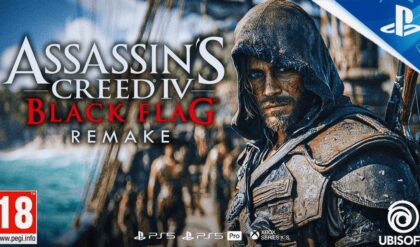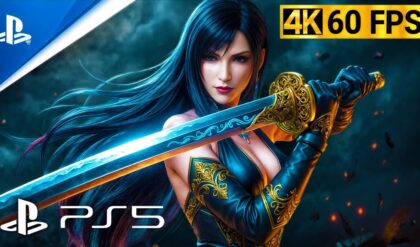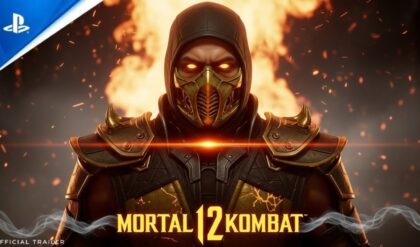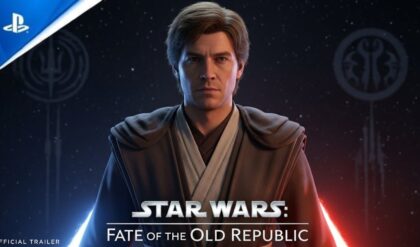Star Wars in CRISIS? 😱 Ubisoft’s CEO just SLAMMED Disney Lucasfilm for “wrecking” the galaxy far, far away, blaming them for Outlaws’ epic flop! Is the Force fading, or is Ubisoft dodging the real issue? 🤔 Uncover the drama behind this blockbuster fail! 👉
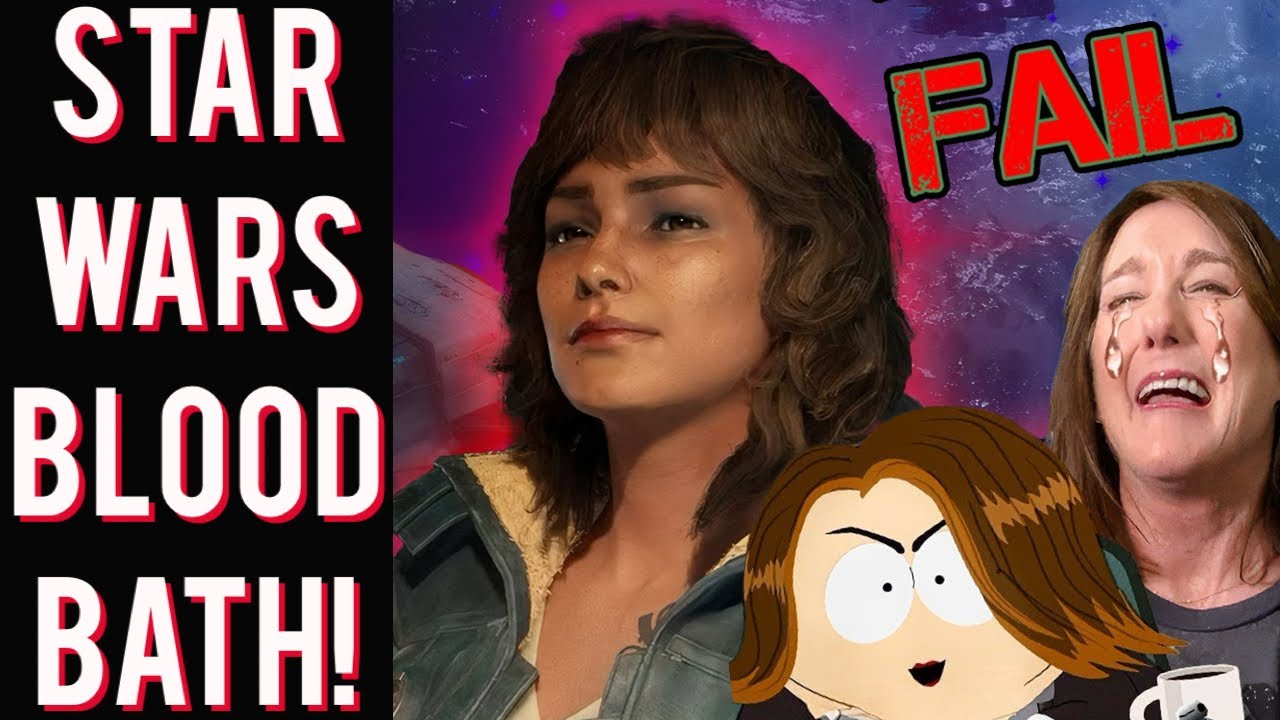
Ubisoft CEO’s Disney Blame Game: Unpacking Star Wars Outlaws’ Failure
When Yves Guillemot, Ubisoft’s CEO, stood before shareholders on July 18, 2025, to explain the dismal performance of Star Wars Outlaws, his response was as bold as it was divisive. The open-world game, launched in August 2024 with a budget rumored to be between $200 and $500 million, sold just 1 million copies in its first month, a far cry from the 5–6 million Ubisoft had banked on. Rather than shouldering the blame for a game plagued by bugs, repetitive gameplay, and a lackluster story, Guillemot pointed to the Star Wars brand itself, describing it as navigating “choppy waters” under Disney and Lucasfilm’s stewardship. This claim, widely reported by outlets like IGN and TheGamer, ignited a firestorm of debate, with fans, analysts, and gamers dissecting whether Disney’s management of the iconic franchise truly doomed Outlaws or if Ubisoft’s own missteps were the real culprit. This analysis delves into the complexities of Outlaws’ failure, Guillemot’s deflection, and the broader dynamics of a beloved but beleaguered franchise in a demanding gaming market.
Star Wars Outlaws was a gamble of galactic proportions. Developed by Massive Entertainment, it promised players the chance to live as Kay Vess, a cunning scoundrel navigating the criminal underworld between The Empire Strikes Back and Return of the Jedi. The game’s lush planets, like the newly introduced Toshara, and its Star Wars aesthetic—complete with cantinas, blasters, and a furry companion named Nix—captured the franchise’s visual essence. Yet, despite Ubisoft’s unprecedented marketing push, the game stumbled, earning a 76–77 Metacritic score. Critics lauded its world-building but lambasted its technical issues, including crashes and unpolished stealth mechanics that felt restrictive, such as players being unable to draw weapons outside designated hostile areas. Reddit users echoed this, with one lamenting, “Kay is a bland airhead who stumbles into everything,” highlighting a protagonist who failed to resonate compared to iconic figures like Han Solo. The game’s $70 price tag, coupled with paid DLC like Wild Card and A Pirate’s Fortune, further alienated players in an era where value is scrutinized.
Guillemot’s assertion that the Star Wars brand’s weakened state was a primary factor in Outlaws’ failure carries some weight but crumbles under scrutiny. Since Disney acquired Lucasfilm in 2012 for $4 billion, the Star Wars franchise has been a rollercoaster of triumphs and misfires. The sequel trilogy (The Force Awakens, The Last Jedi, The Rise of Skywalker) grossed billions but polarized fans with inconsistent storytelling, particularly The Rise of Skywalker’s rushed resolution. Disney+ series like The Acolyte (canceled in 2024 after low viewership) and The Book of Boba Fett (criticized for uneven pacing) fueled accusations of “franchise fatigue,” with some X users claiming Disney “killed” their interest in Star Wars. The costly flop of Star Wars: Galactic Starcruiser at Disney World further tarnished perceptions. Yet, this narrative ignores successes like Star Wars Jedi: Survivor (2023), which sold robustly and earned critical acclaim, and Andor, hailed as a storytelling triumph. These counterexamples, released in proximity to Outlaws, suggest that quality execution can overcome any brand-related headwinds, undermining Guillemot’s attempt to shift blame.
The notion of a declining Star Wars brand also clashes with the franchise’s enduring cultural pull. Star Wars Jedi: Survivor, developed by Respawn Entertainment, proved that a well-crafted game could thrive despite launching in 2023, a supposedly “choppy” period. Battlefront II’s resurgence in player counts in 2025 further demonstrates sustained appetite for Star Wars when delivered effectively. On X, fans noted, “Battlefront 2 having a resurgence is proof people are looking for a Star Wars game to sink hours into,” suggesting Outlaws’ failure lies in its execution rather than the IP’s relevance. Disney’s ongoing investment in Star Wars games, including Star Wars: Zero Company (set for 2026) and a Knights of the Old Republic remake, reflects confidence in the brand’s gaming potential. Guillemot’s focus on external factors conveniently sidesteps Outlaws’ internal flaws, such as its reliance on Ubisoft’s tired open-world formula—repetitive missions and a lack of player agency—that failed to meet modern expectations set by titles like Elden Ring or Baldur’s Gate 3.
Ubisoft’s own track record amplifies skepticism about Guillemot’s claims. The company has faced mounting criticism for releasing unpolished games, with Outlaws suffering from bugs and poor optimization at launch. Its initial exclusivity to Ubisoft Connect over Steam alienated PC players, and allegations of bribing influencers with perks like Disneyland tours damaged credibility. Reddit threads criticized design choices, such as “unrealistic barefisted punches to helmets” and a faction system that felt shallow, limiting the outlaw fantasy promised by the title. Guillemot’s history of deflection—blaming gamers’ “extraordinary expectations” in 2024 for Outlaws’ struggles—further erodes his credibility. This pattern continued with Assassin’s Creed Shadows’ delay, prompted by Outlaws’ fallout, as shareholders demanded new leadership, with AJ Investments calling for Guillemot’s replacement. Ubisoft’s stock hitting a 10-year low underscores broader mismanagement, suggesting Outlaws’ failure is as much a reflection of internal issues as external ones.
The gaming industry’s evolving landscape adds another layer to this saga. Players today demand innovation and polish, with Elden Ring’s open-world mastery and Baldur’s Gate 3’s narrative depth raising the bar. Outlaws’ formulaic design—described by one NeoGAF user as “Assassin’s Creed with a Star Wars skin”—failed to stand out, especially at a premium price. The controversy over Kay Vess’s appearance and accusations of “woke” pandering, while overblown, added to the game’s divisive reception, though X posts clarify there’s little evidence of such elements in the game itself. Disney’s mixed Star Wars output has indeed sparked debate, with r/saltierthancrait threads lamenting “irreversible damage” to the franchise’s cultural status. However, successes like Jedi: Survivor and Andor prove that compelling content can still captivate audiences, placing the onus on Ubisoft to deliver a standout experience rather than leaning on the Star Wars name to “print money.”
Guillemot’s remarks also raise questions about Ubisoft’s relationship with Disney and Lucasfilm. While he avoided naming them directly, his implication of their mismanagement risks straining a partnership that began with high hopes, as evidenced by his 2023 comments praising the collaboration for its “authenticity” and “innovation.” Lucasfilm’s silence suggests they’re weathering the criticism, but the intact licensing deal indicates no immediate rift. Still, Outlaws’ failure and Ubisoft’s shift to other projects, like Assassin’s Creed, hint at a cooling of future collaborations. The broader industry trend—where IPs alone can’t guarantee success—underscores that execution is paramount. Outlaws’ patches and a planned Switch 2 port in September 2025 show Ubisoft’s commitment to salvaging the game, but Guillemot’s deflection risks alienating fans further, especially when contrasted with Respawn’s accountability for Jedi: Survivor’s technical issues.
The fallout from Outlaws reflects a delicate balance between brand power and creative execution. Disney’s stewardship of Star Wars has been imperfect, with missteps like The Acolyte’s cancellation fueling perceptions of a franchise adrift. Yet, the success of other Star Wars projects shows the galaxy remains vibrant when handled with care. Ubisoft’s attempt to pin Outlaws’ woes on this context oversimplifies a failure rooted in its own design and launch decisions. Guillemot’s comments, while partly valid, gloss over the need for Ubisoft to innovate beyond its dated formulas and prioritize polish. As the gaming and entertainment industries evolve, both Ubisoft and Disney must heed the lesson that even the mightiest IP falters without a compelling, well-executed vision. For Star Wars fans and gamers, Outlaws’ stumble is a reminder that the Force is only as strong as the hands wielding it, and for now, neither Ubisoft nor Guillemot has fully harnessed its power.
